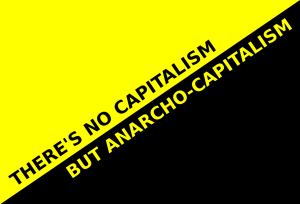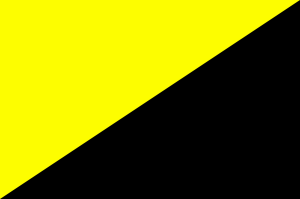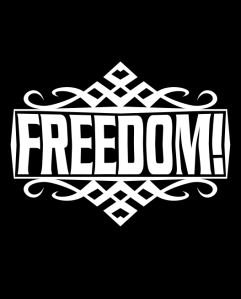 F. A. Harper’s book Liberty: A Path to its Recovery is an attempt to define liberty and a call to reverse the growth of government. Published in 1949, the evils of the state that Harper refers to may seem quaint compared to the economic havoc wreaked by modern governments, but the general principles still apply.
F. A. Harper’s book Liberty: A Path to its Recovery is an attempt to define liberty and a call to reverse the growth of government. Published in 1949, the evils of the state that Harper refers to may seem quaint compared to the economic havoc wreaked by modern governments, but the general principles still apply.
Harper says that, “Liberty exists when a person is free to do whatever he desires, according to his wisdom and conscience.” This is a good definition for freedom, which is often conflated with liberty. Actually, Harper’s discussion of liberty is much more instructive than his actual definition, as he digs into the fact that liberty is related to how people interact and that people who live in solitude have complete liberty:
“If he is prohibited from doing this, by another person or by any combination of persons who are not direct parties to the deal, his liberty is thereby transgressed. And further, it makes no difference, so far as liberty is concerned, under what name the act of prohibition is paraded; or whether it is by a corporation, a cooperative, a labor union, a trade union, the government, or what not.”
Despite the flavor of anarchy in the above quote, Harper explicitly calls for limited government. He simply assumes that limited government produces the “optimal” level of liberty without Continue reading









